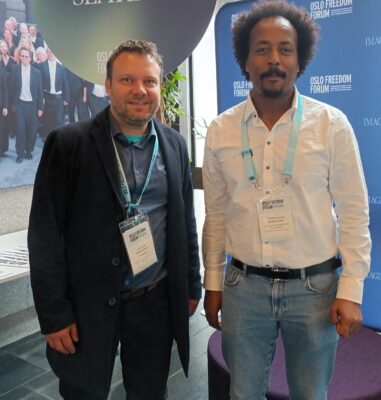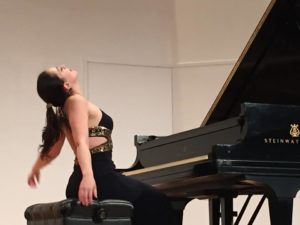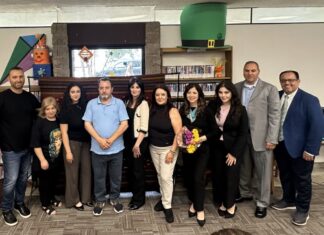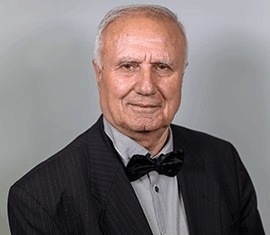NEW YORK — To showcase our cultural values prior to April 24 was the goal. In music, in the post-Genocide years, perhaps the greatest musician would have to be Aram Khachaturian (1903-1978). The recognition of his greatness was not limited only to Armenian circles, as he was accepted as one of the greatest composers of the Soviet Union and was well established on the world stage.
On April 19, Greenfield Hall at the Manhattan School of Music was filled with as many Armenian as non-Armenian music lovers, along with students of the performer, who had come to both hear the works of Khachaturian and Kariné Poghosyan’s unique piano interpretations.
Kariné has already established her name in the arena of New York musical life. Each one of her concerts, year after year, adds something to the already rich quality of the artist’s concert programs.
Born in Yerevan, she attended the Komitas State Conservatory, receiving many honors, before continuing her higher education in the United States at the Manhattan School of Music. She is already on the faculty at her alma mater.
The program began with opening remarks by the president of Manhattan School of Music, Dr. James Gandre, after which Deputy Ambassador of Armenia to the United Nations Tigran Samvelian gave great insights into the Soviet Armenian composer Khachaturian’s life and work. He particularly highlighted the great popularity and recognition that the Soviet Armenian anthem, composed by Khachaturian, achieved.









